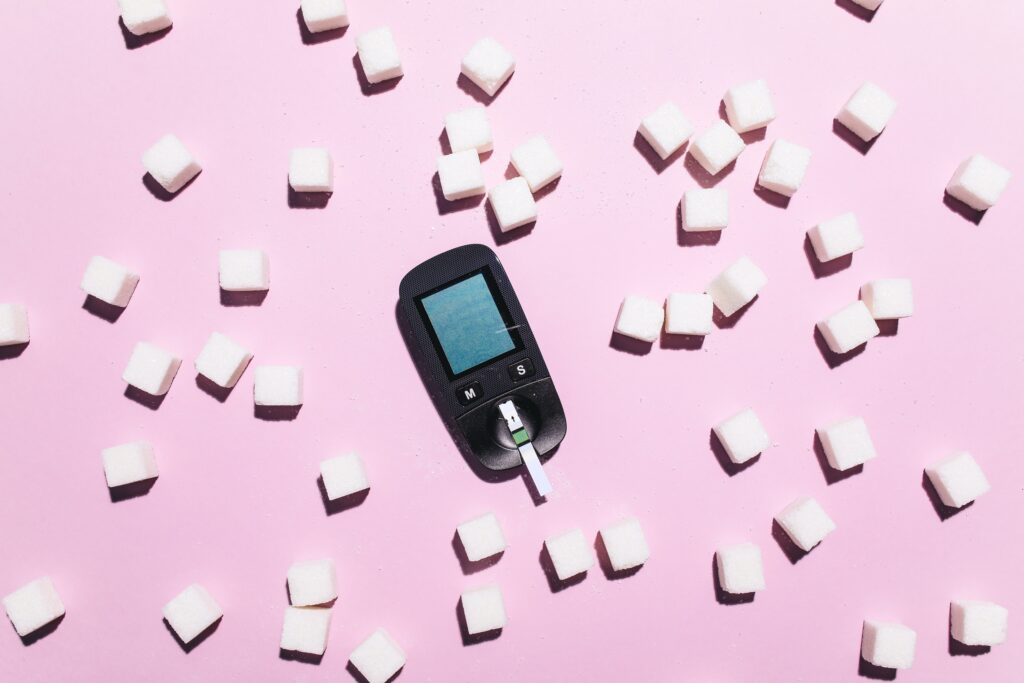Your blood sugar levels change throughout the day but usually don’t get extremely high or low. Too high levels can damage your body’s organs. Too low levels can cause dementia and even coma or death.
Here are some actions that can help you:
- Exercise increases insulin sensitivity and helps – This can lead to reduced blood sugar levels.
- Your body breaks down the carbs you eat into glucose – reducing your carb intake can aid blood sugar regulation.
- Consuming high-fiber foods on a regular basis can help to prevent the spikes in blood sugar levels that are common with high-sugar diets.
- Staying hydrated can significantly reduce blood sugar levels and prevent the onset of diabetes.
- Research has shown that when people take a step back and focus on their portion sizes, they are able to manage their blood sugar levels. It’s important to keep in mind that it takes time to adjust food habits and that positive changes are often slow.
- Managing stress levels through exercise or relaxation helps you regulate blood sugar levels.
- Checking your blood glucose and maintaining a diary enables you to adjust foods and medications when necessary to manage your blood sugar levels better.
- Good sleep helps maintain your blood sugar levels and promotes a healthy weight.
- Maintaining a moderate weight will support blood sugar management and decrease your risk of developing diabetes.
- Snacking between meals could keep your blood sugar levels from spiking or plummeting throughout the day.
BONUS! – You can try the product below!



Pingback: The Healthy Diet Benefits and How To Make Healthy Choices - siddev health
Pingback: The Benefits of a Plant-Based Diet & How to Make Healthy Choices
Pingback: The Basics of Diabetes and Tips to Better Life(p.1)
Pingback: The Latest Diabetes Research and Hope for The Future(p.3)
Pingback: The Link Between Diabetes and Better Mental Health(p.4)